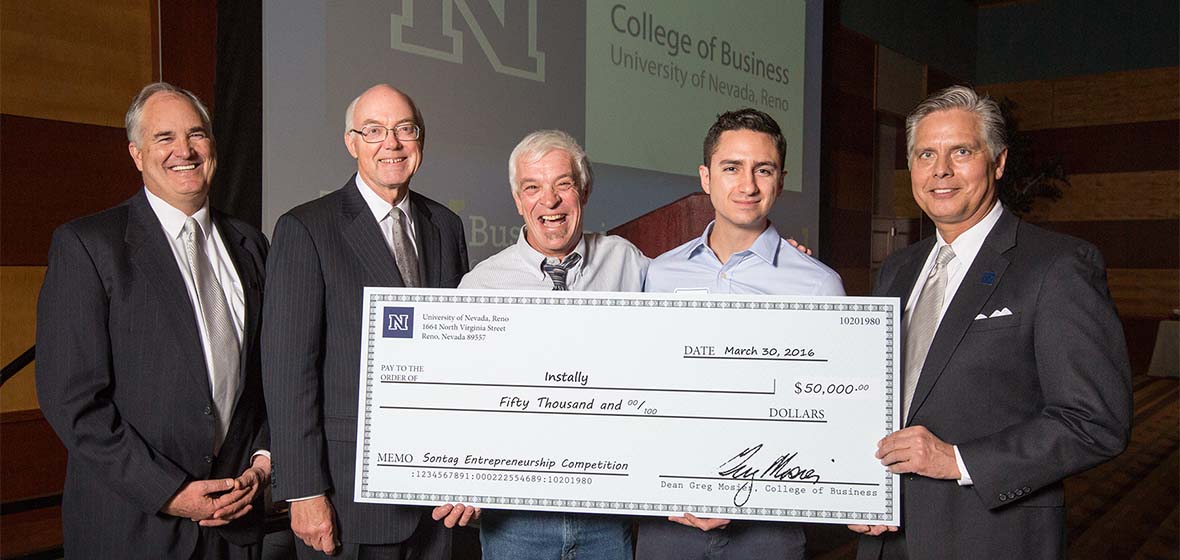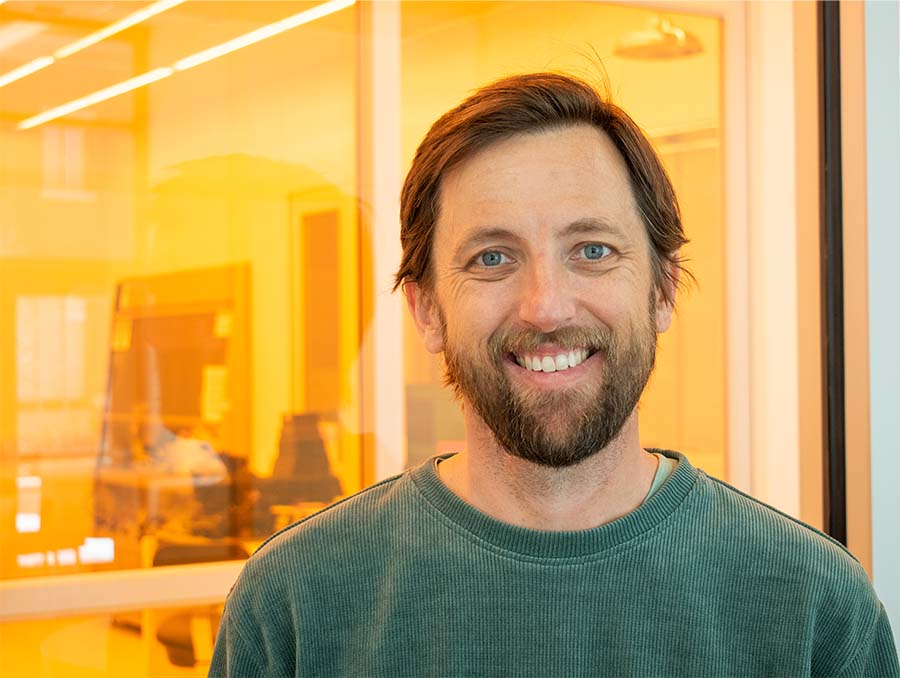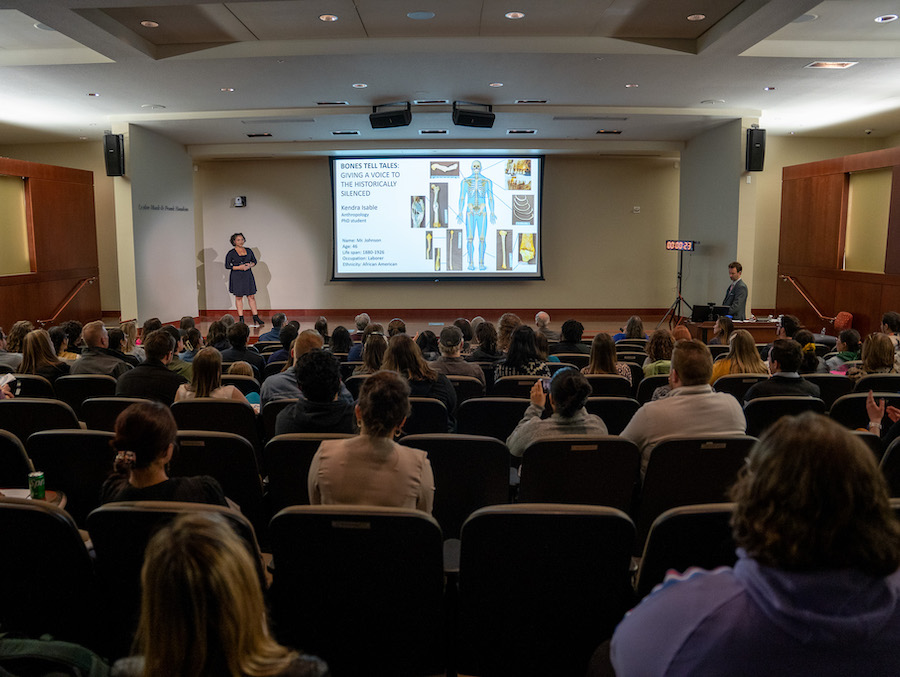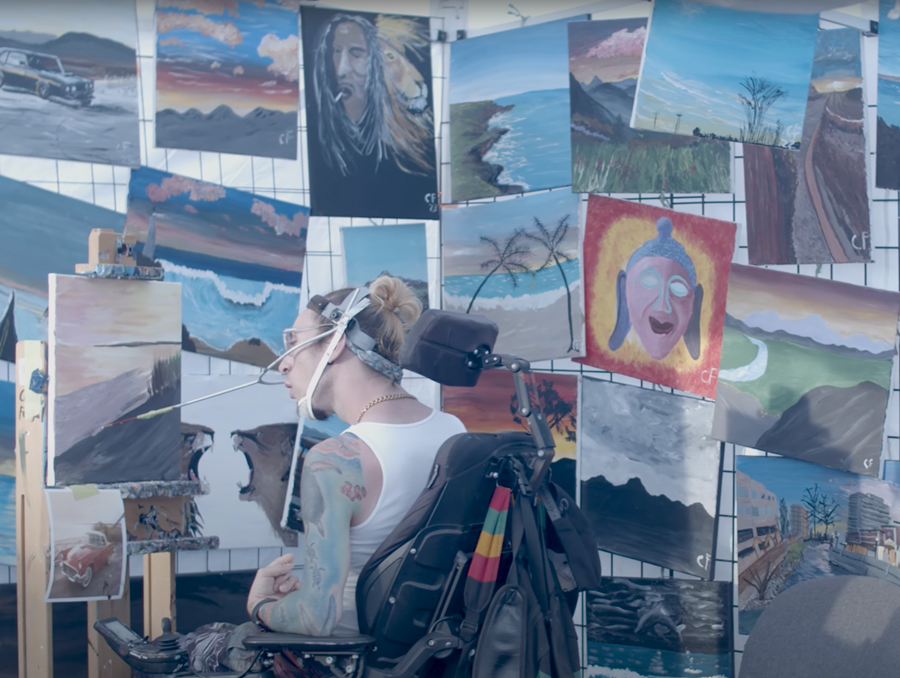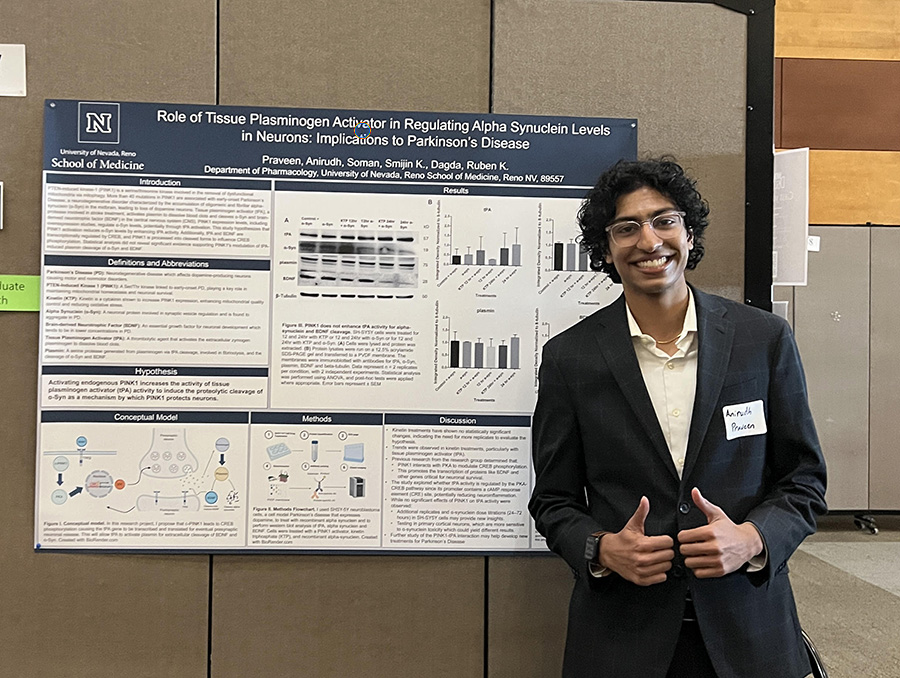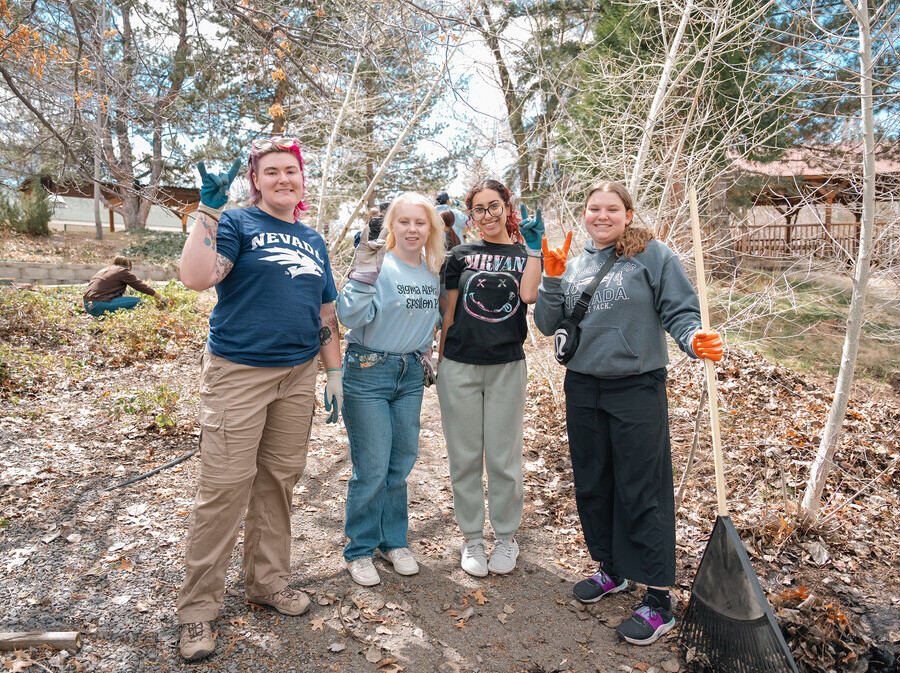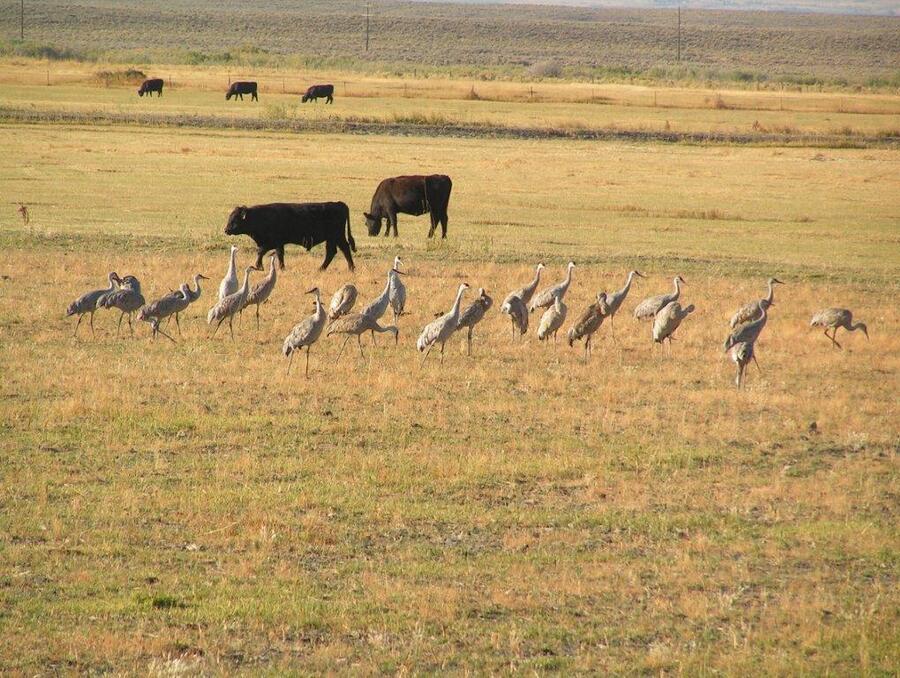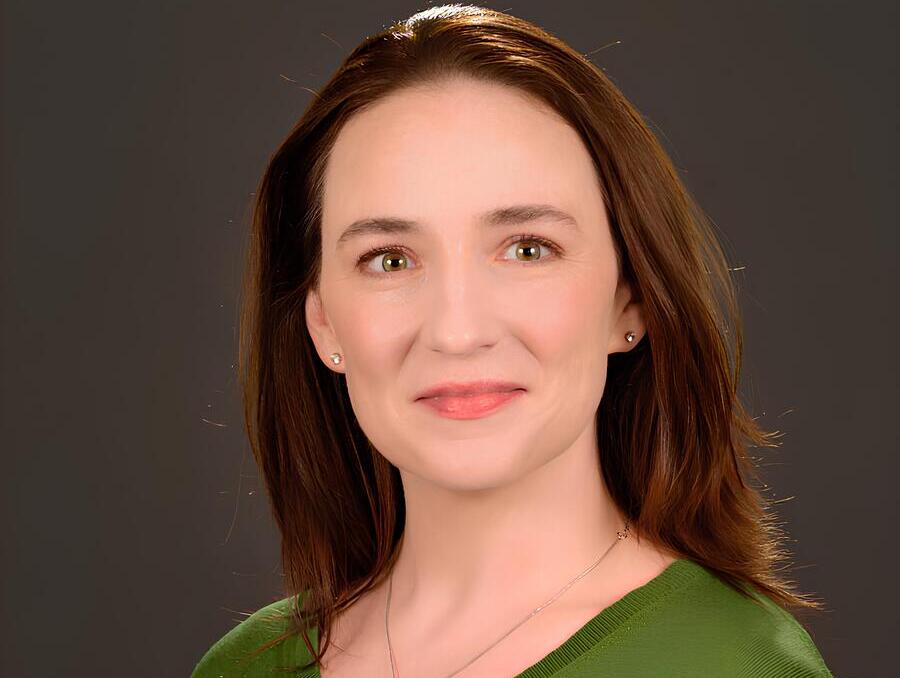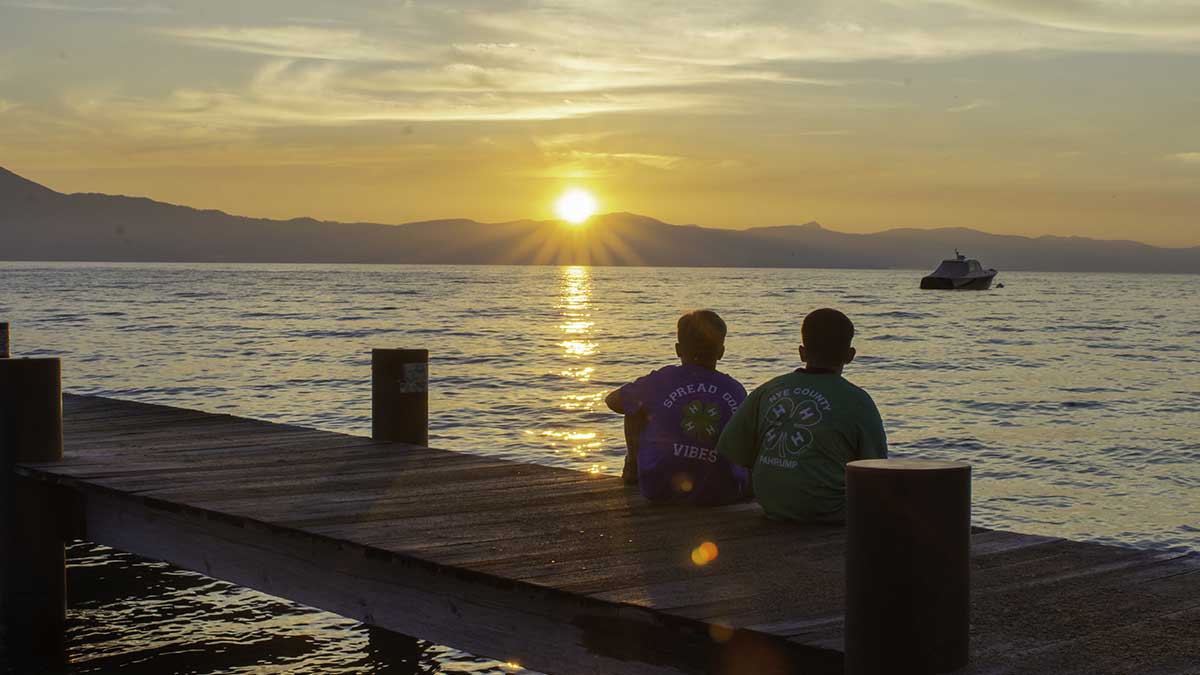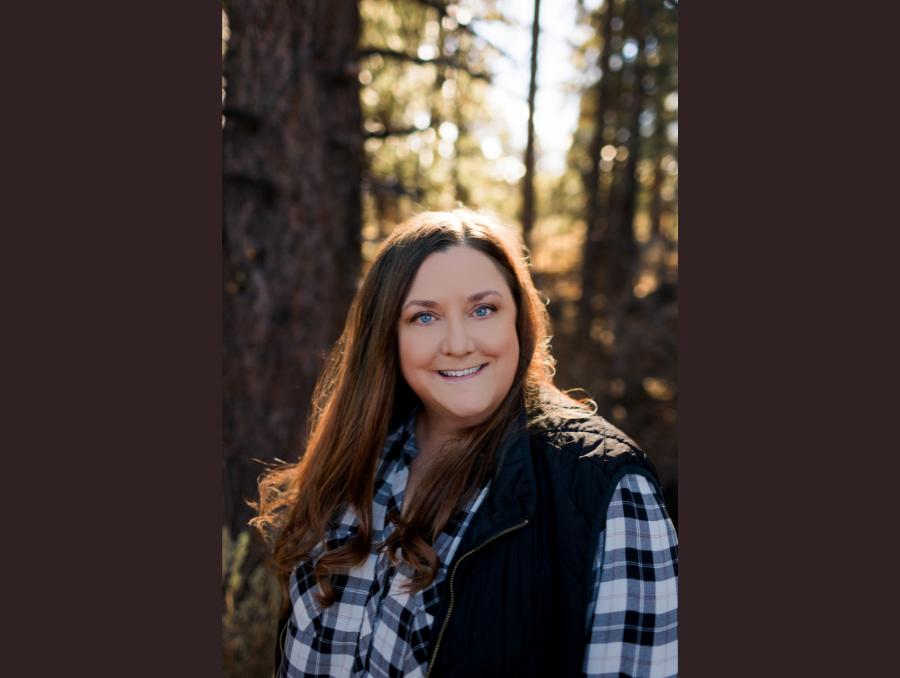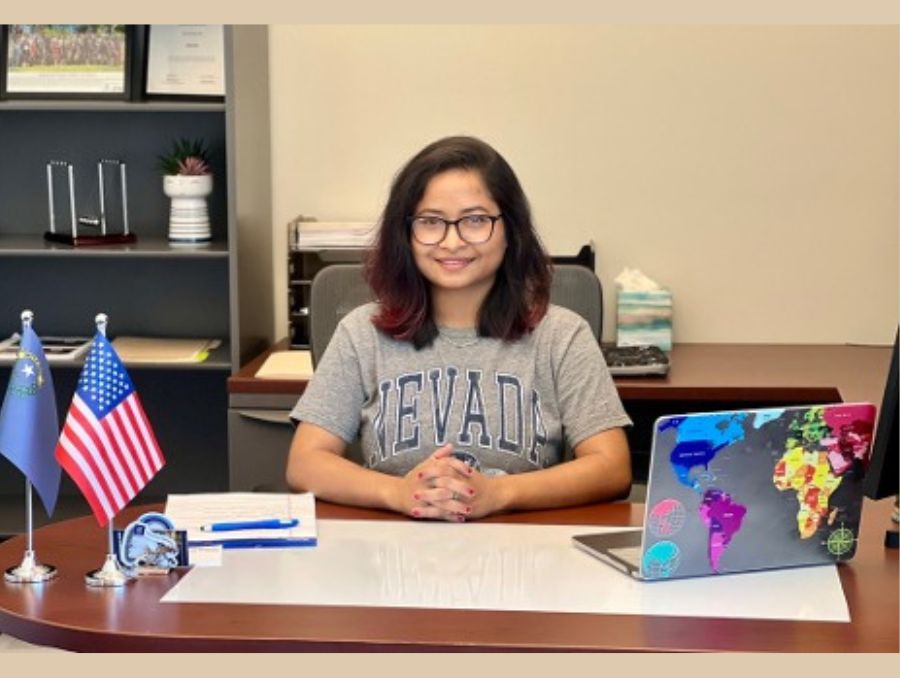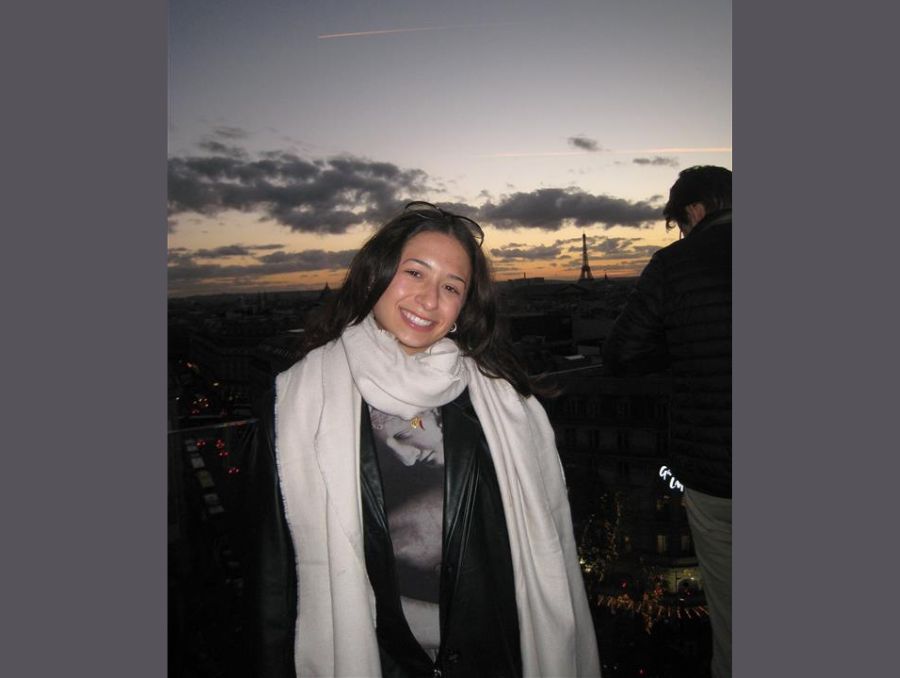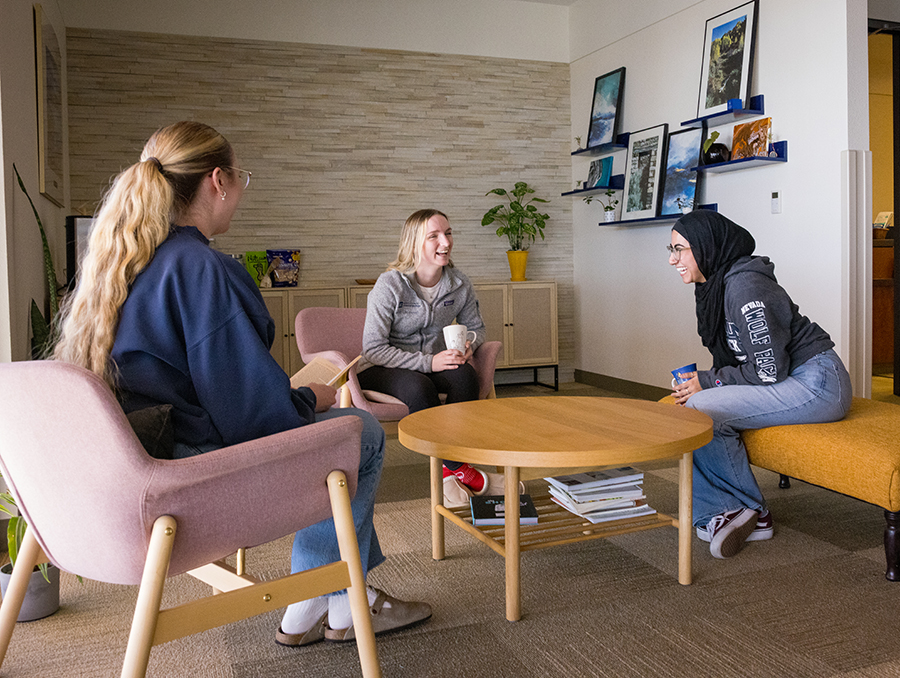As Ryan Klekas can now attest, sometimes when something bad happens to a good person, a lot of good can ultimately come from it.
Klekas, an MBA candidate in the College of Business, was awarded first place and $50,000 Wednesday for the Fifth Annual Sontag Entrepreneurship Competition, during a luncheon held in the Ballrooms of the Joe Crowley Student Union.
Klekas' project, "Instally," which is an innovative mobile platform that provides parking solutions for universities, topped four other finalists and more than 30 other student teams in earning one of the most prestigious student entrepreneurial contests in the country.
The Sontag Entrepreneurship Award is funded with a major gift from University alumnus Rick Sontag and his wife, Susan. The $50,000 award has been presented in the spring semester to one finalist team to further develop their business.
Klekas related the inspiration behind "Instally," which centered around a first day of class, a rush to get to class, and no apparent parking available for class.
"It was the first day of class, I was running late and I couldn't find a parking space," said Klekas, who said that day he did quickly note that in the nearby campus neighborhoods there seemed to be plentiful parking space in the form of empty driveways at private residences. "As I was wondering why bad things can sometimes happen to good people, I also began to wonder why in this day and age, when people can reserve a table at a restaurant or a seat on an airplane, why can't they also have the capability of reserving a parking space?"
The idea was further cemented during Klekas' time last fall semester in the class of Matt Westfield, an entrepreneurship instructor at the University as well as a member of the Ozmen Center for Entrepreneurship's Entrepreneurs Assembly.
Westfield, who served as the mentor for Instally, encouraged Klekas to flesh out his idea and to enter the Sontag Competition.
"It started in Matt Westfield's class last semester," said Klekas, adding that the past several months had been busy as he juggled his studies, family commitments as a married father of four children, and the intense preparation that was at the center of what proved to be a serious and high-level Sontag entry. Instally is said to work at doing things: first, to supply a mobile platform to provide additional parking by utilizing surrounding neighborhoods and their remnant resources - privately owned parking spaces; second, to incentivize and streamline human connection to make the process of finding a parking space on campus more efficient.
Klekas, who embraced Westfield warmly before they received an oversized $50,000 check from competition director Dave Croasdell, added, "If you are ever sitting there wondering (if the Sontag Competition) is working, the finalists who are here today are proof that it's working."
Indeed, Sontag Competition organizers said this year's field was the deepest and had the best quality of any of the years previous.
Rick Sontag, who spoke to the luncheon via Skype from his home and announced Wednesday's winners, said that in his estimation, "The quality of the applications have risen greatly over the past five years." Sontag, whose career in the aviation component industry led to international success and the founding of one of the country's most active and influential medical research and "self-help" organizations, the Sontag Foundation (the foundation is the largest private funder of brain cancer research in the U.S.), said his time as a graduate student in physics at the University in the mid-1960s was a "very big inflection point in our life, when we switched from science to business."
Croasdell, the College of Business' Charles and Ruth Hopping Professor for Entrepreneurship, said that Sontag's funding of the competition has also proven to be an inflection point for the University, and for northern Nevada.
"We've come a long way in that five years," he said. "Rick and Susan Sontag have helped us develop more of an entrepreneurial ecosystem at the University, and in the community."
University President Marc Johnson, noting how the competition has seen 158 student teams submit business plans (with 586 students participating directly, along with 112 mentors and 287 judges), said the Sontag Competition has helped embed a spirit of entrepreneurialism in the University's students, as well as in creating a ready pool of talented graduates to enhance and diversify the community's business community.
"One gift, one prize, has brought hundreds of judges, mentors and many hundreds of students into this competition," Johnson said. "For one gift to spawn this kind of magnifier, a magnifier for our campus and for our community, has been phenomenal. Everyone who gets involved in the Sontag Competition develops their potential, and helps develop our community for the better."
The runner-up in the competition was "Helmet Neuro Protection Technology," which included MBA student Chase Houston and mentors Dr. William Torch and Ray Garcia. Helmet Neuro Protection Technology's vision is to create a modern sports helmet that is lighter, more comfortable, cost competitive and most importantly, will effectively reduce the probability of a concussion and/or traumatic brain injury. Using the power of 3-D printing, Helmet Neuro Protection Technology will create a new-age helmet that not only disperses the brute force of an impact, but also helps with reducing the more serious effects of shearing forces to the brain.
The three other finalists included:
"UCraft Brew," a custom beer creation platform, from business students Spencer Lewis, Brad Humphreys and Tanner Johnson and mentor Kirk Allaire;
"Fraktion," which focuses on developing a bitcoin-based service that capitalizes on the emerging market of cryptocurrencies, from mechanical engineering student Dakota Ward and mentors Jesse Adams, Anthony Faddis, Anthony Fernandez, and Wanliang Shan;
"HANA Energy, LLC," which aims to design and manufacture graphene-coated anodes for use in lithium ion battery manufacturing from MBA student Chase Houston and MBA student and Ph.D. candidate in Material Science Mohamad Massoumi and mentors Chris Howard and Sean Nichols.
